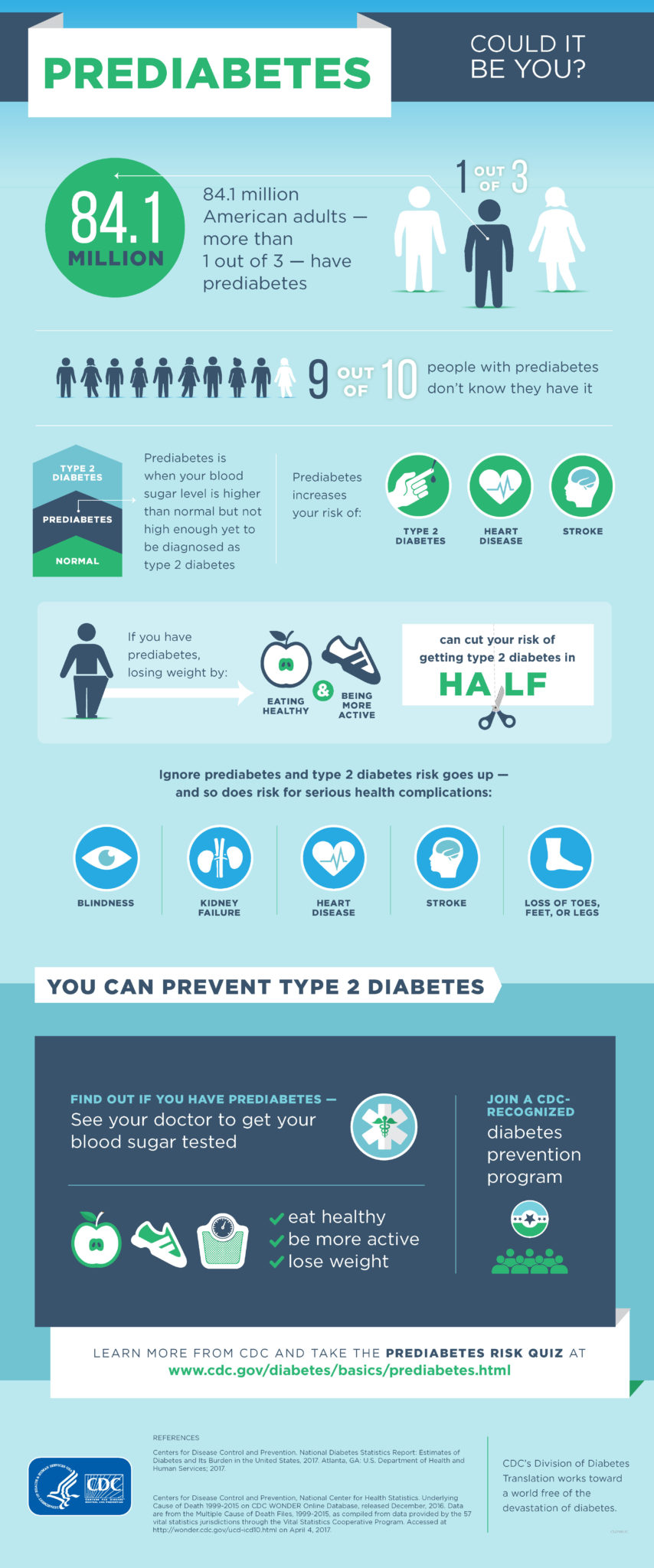Enrolling in a health care training program to become a medical assistant or a pharmacy technician may lead you to encounter more people who are at risk for developing type 2 diabetes.
Today is the American Diabetes Association Alert Day, a day to sound the alarm about the prevalence of type 2 diabetes. A simple way to start is by taking the Type 2 Diabetes Risk Test. It's a 60-second anonymous test designed to help determine if you have the factors most commonly associated with the disease.
What is Type 2 Diabetes
Type 2 diabetes is a condition in which the pancreas is unable to make enough insulin to keep one's blood glucose levels normal.
If you're not in the health care field or in a health care training program, it doesn't mean that you may not know someone who is at risk too. In fact, the American Diabetes Association reports that 9 out of 10 Americans who are most at risk for type 2 diabetes don't even know it. Sometimes, there are symptoms that are thought to be caused by other conditions or attributed incorrectly to things other than an insulin imbalance.
You may have covered some of this in your health care training program. Check out this infographic created by the Center for Disease Control as a public education tool.
Ways to Prevent Type 2 Diabetes
As the infographic noted, there are ways that you can help limit your chances of becoming one of the millions who have Type 2 diabetes. They are things that are common sense good health practices such as, eating a balanced diet, decreasing your alcohol and smoking intake, and being more active. Changing lifestyle habits is worth the trade-off when you consider living a happier, healthier life.
As someone who chooses to pursue a health care training program, you know how important preventative care is for our overall well-being.
Who do you know that could use this information? What if your five closest friends or family took the test and found out that they were in jeopardy? Wouldn't you want to help them live their best life?
Share this article and let's get moving toward a healthier tomorrow!
Take The Next Step Towards a Brighter Future
We have a Concorde representative ready to talk about what matters most to you. Get answers about start dates, curriculum, financial aid, scholarships and more!





